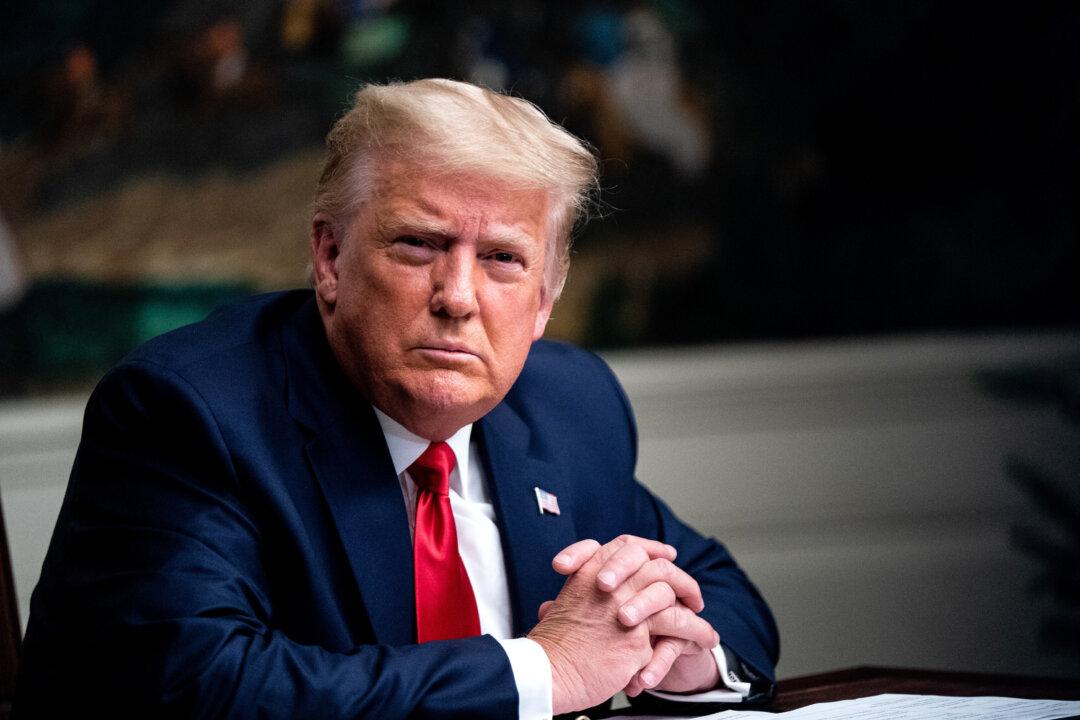President Donald Trump on Nov. 30 pressed Republican Georgia Gov. Brian Kemp to overrule Secretary of State Brad Raffensberger on his decision to not require signature matching during the state’s recount.
Earlier this month, Raffensberger announced that it isn’t possible to match the signature on the outer ballot envelope to the absentee ballot itself. Ballots are separated from the envelopes to protect voters’ privacy, he said.





